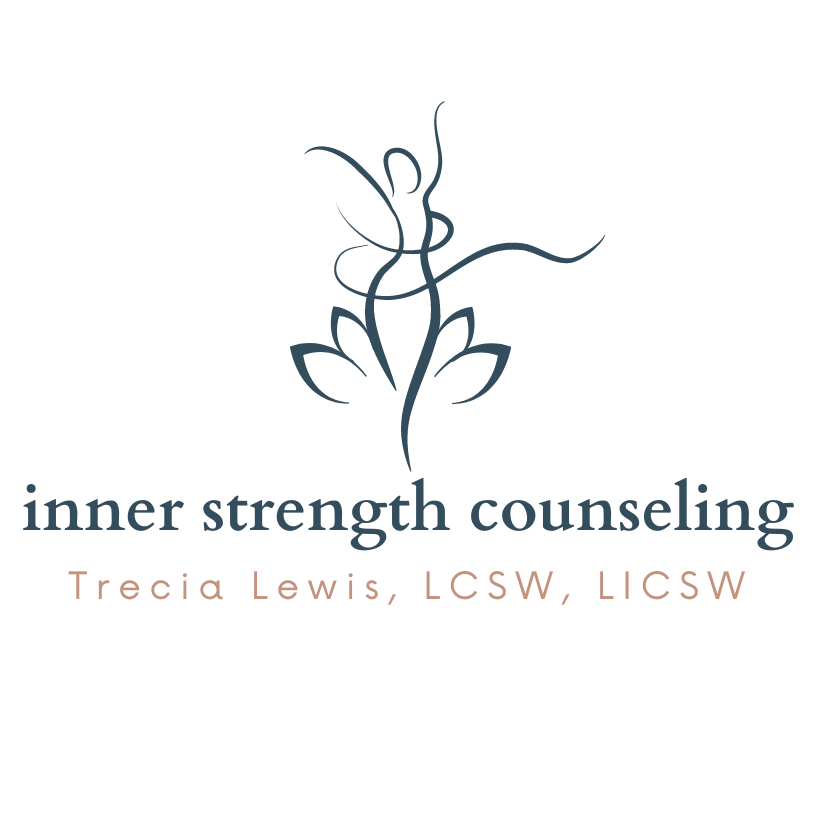Significant Changes in Mood
Signs and symptoms include:
Feeling sad or down
Confused thinking or reduced ability to concentrate
Excessive fears or worries, or extreme feelings of guilt
Extreme mood changes of highs and lows
Withdrawal from friends and activities
Significant tiredness, low energy or problems sleeping
Inability to cope with daily problems or stress
Trouble understanding and relating to situations and to people
Problems with alcohol or drug use
Major changes in eating habits
Excessive anger, hostility or violence
Behavioral Changes in Adults + Teens
Watch for changes in behavior, such as:
Tiredness and loss of energy
Insomnia or sleeping too much
Changes in appetite — decreased appetite and weight loss, or increased cravings for food and weight gain
Use of alcohol or drugs
Agitation or restlessness — for example, pacing, hand-wringing or an inability to sit still
Slowed thinking, speaking or body movements
Frequent complaints of unexplained body aches/headaches; may include frequent visits to the school nurse
Social isolation
Poor school performance or frequent absences from school
Less attention to personal hygiene or appearance
Angry outbursts, disruptive or risky behavior, or other acting-out behaviors
Self-harm — for example, cutting, burning, or excessive piercing or tattooing
Making a suicide plan or a suicide attempt
~Source guide: DSM5.
DISCLAIMER: The information provided here is for education purposes only. It is not intended to diagnose or treat any mental health disorders. If you are experiencing a mental health condition, psychiatric or life threatening emergency, please contact call 911 or go to your nearest emergency room. The national helpline for mental health services is 1800-662-HELP (4357).


